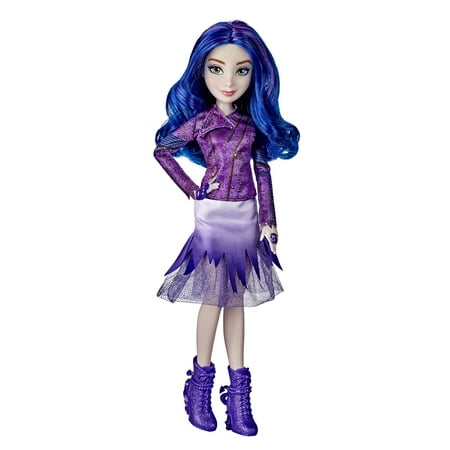Matchbox 5-Packs 1:64 Scale Vehicles, 5 Toy Car Collection For Kids 3 Years & Older (Styles May Vary)
Matchbox inspires kids to be everyday heroes with realistic 1:64 scale vehicles equipped to get the job done! The classic Matchbox 5-Pack makes a perfect gift for collectors new and old, hands-on play or party giveaways. Each pack features a set of five vehicles loaded with realistic details from the bumper to the fender, like rolling wheels and true-to-life decos. Kids will love coming up with their own adventure stories. Each sold separately, subject to availability. Not for use with some Matchbox sets. Colors and decorations may vary.










Matchbox 5-Packs 1:64 Scale Vehicles, 5 Toy Car Collection For Kids 3 Years & Older (Styles May Vary):Age Range: 3 Years and UpMatchbox inspires kids to be everyday heroes with 5 realistic vehicles in one pack!Each 1:16 scale vehicle is highly detailed from bumper to fender with realistic accents like rolling wheels and lifelike decosThe cars, trucks and other vehicles are inspired by classic adventure themes to ignite storytelling!Start a collection or use as party giveaways!The classic Matchbox vehicle 5-pack is the perfect gift for kids and collectors — new and old!Styles May Vary, includes one item from the set chosen at random



Reviews
There are no reviews yet.